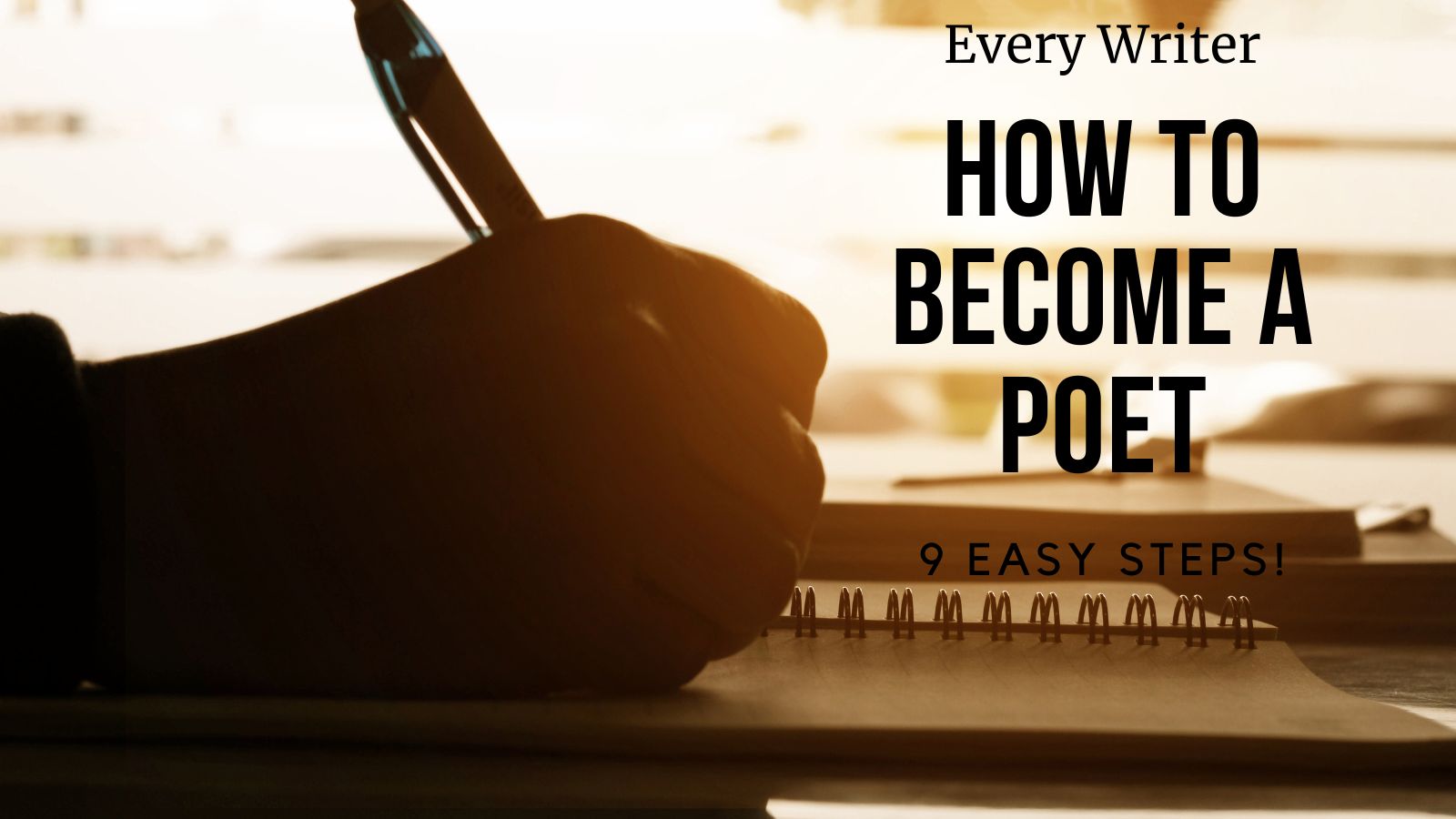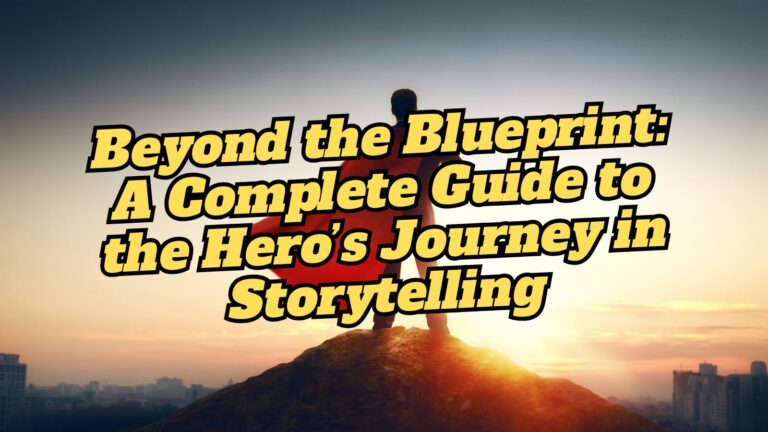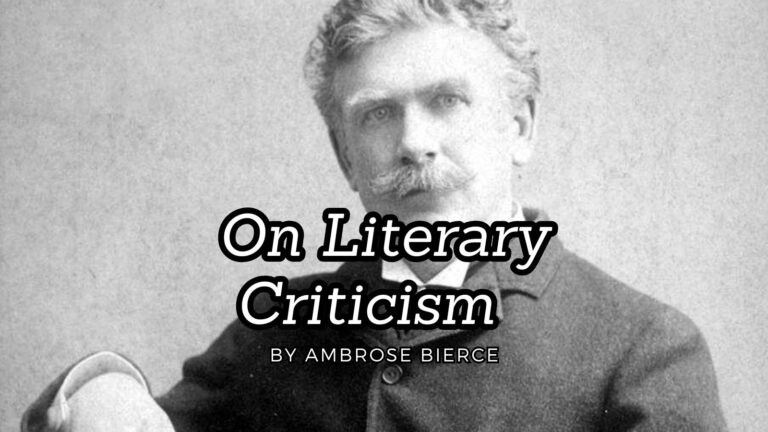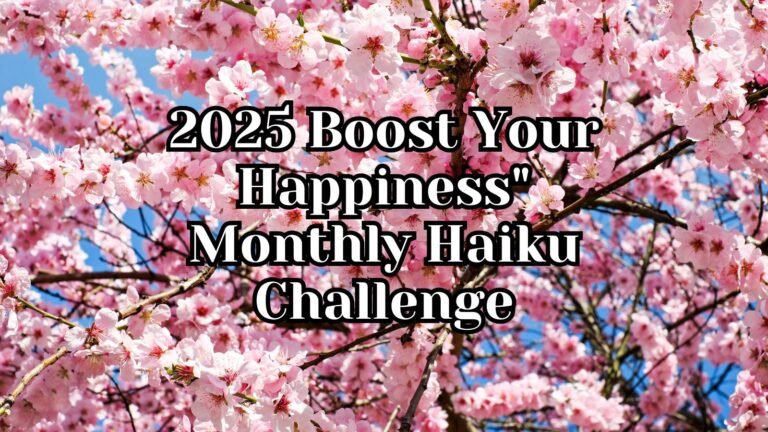This subject is like touching the 3rd rail of poetry. A mob of angry poets will show up at my door tomorrow with torches and pitchforks and tell me how wrong I am for writing this article. Addressing this seems ever more important, though. I see people, poets posting on social media, posting good poetry, but thinking they are not poets. Being a poet has become a thing, and in this social media-heavy “look at my perfect life” world, people are so hypercritical of themselves. First, let me say very clearly, NO ONE CAN TELL YOU HOW TO BE A POET.
I’m not writing this to tell you how to be a poet; I’m writing this to give some poets reassurance and backup. Some social media hounds act like you have to be endowed by god to be a poet. You must write poetry and “be called” to write poetry. It sounds a little weird, but if you want to write poetry, I count that as being called to it. So if you love it and write it, you’re a poet.
So if you want to be a poet, here are some tried and true steps that will help you. This article is for reassurance. If you are writing poetry but are afraid to call yourself a poet, try these steps; they may make you feel more confident.
1 Write poetry regularly
If you write one or two poems, are you interested in calling yourself a poet? If you want to believe in yourself as a poet, write a lot of poetry. Keep a notebook with you; jot it down anytime you come up with an idea. I need to remember my notebook and come home with a pocket full of napkins. The notebooks are lovely to look back on, but when you are inspired, you have to write the idea down, and poetry, unlike stories or novels, usually pops up everywhere. Check out our How to Write a Poem article for help.
2 Read poetry
So unlike stories and novels, a lot of poetry is fast and easy. Go to the bookstore or library and find five books of poetry you like. Read them in the store. Please go through them in the store and flip through them until you find a poem that catches your interest. Once you find one, buy the book or take it out of the library.
3 Read your peers
Poetry is ever-changing, and there is a vast difference between poetry written in 1560 and 1980. If you are writing today, you should know what is out there. Right now, there are a few different factions of poets. I’ll draw your attention to 2.
- University poets. I like poets who write at the university. They are well-trained, and many are excellent. These are poets generally teaching at the university. Many of these poets are award-winning. Universities hire poets to support them. The poets teach classes so on and so on. One of the best places to read these poets is in university literary magazines (we have a listing of them) or Best American Poetry. There are no hard and fast rules.
- Instapoets and popular poets. Of late, there has been an explosion of fantastic talent online on YouTube, Instagram, and even TicTok. Rupi Kaur is one of the first poets to take off with her self-published Milk and Honey in 2014. She now tours the country reading her poetry to sold-out audiences. Many others followed her, and their popularity has their poetry collections selling in stores like Target. You should check out their works. Find a few of these poets you like and read them.
- Read the moderns
If you want to see the influencers of today’s contemporary poets, check out a group of poets named the moderns. These poets write a lot like poets today. Some examples are Ezra Pound, T.S. Eliot, William Carlos Williams, WB Yeats, Cummings, and Stevens. There are many, and you can look them up.
4. Find a group and get feedback.
It can be scary to share your work. I get that, but luckily there are many communities online where you can ease into it. Twitter is a great place to get started #writingcommunity #vss365, and #vsspoetry are all hashtags you can look up to find writers. Vsspoetry and vss365 [you could follow me @realeverywriter, I follow back all poets] are daily writing prompts where people write short stories or poetry. You can put these hashtags in your tweet, and people will see them. Please know that Twitter is only sometimes great for feedback on poetry at first, but even a few likes or retweets can build your confidence.
Facebook is another place that is full of writing groups. I like Poetry Poetry Poetry it’s associated with Every Writer, but there are many more. Posting your poems can again build your confidence.
Warning (people hate it when the warnings come last), if you plan on publishing your poems, you should refrain from posting them on the web. Some markets do not want your work published elsewhere. It only matters for magazines and websites, but I would save some of my best work to publish later.
Instagram is another place where you can publish and get likes and feedback on your work. There is a thriving community of poets there still.
5 Take a writing course or class.
Writing courses always help with building confidence. You don’t have to get a degree in poetry, but going and getting advice and help from writers and poets you trust will always build your confidence. University has lots of poetry classes. I highly recommend you take a studio writing class. It means they lean more on giving you time to write than reading poems out of a book.
6 Publish
You can get your work published in literary magazines and sites to build even more confidence. Please remember, if they reject you, it’s all part of the business, but getting published here or there can undoubtedly boost your feelings about being a poet. You don’t have to publish to be a poet. There are no rules. Many famous poets are never published, but it can undoubtedly dissolve your doubt if you have thick enough skin to risk rejection.
7 Poetry readings
It is a fun way to share your poetry. YOu can look for an open mic night and go and read your poems. If the crowd is the right crowd, it is an instant confidence builder.
8 Collection
The more you write, the more poetry you will amass; at some point, you will want to put it together in a collection. You might do this deliberately and write poems meant to be in this group or that group. You may also take a gob of poets, stick them together, and make collections. It happens both ways.
9 Book publishing
By the time you publish your collection, you should be assured that you are a poet, but if you still have doubts, shop it to the publishers. Do not be discouraged if it isn’t accepted for publication. Even though poetry has become more popular, publishing companies reject poetry in droves. Piles and piles of poetry manuscripts are being rejected; some are fantastic poetry. Some very popular and now famous poets have self-published, including Rupi Kaur, who I mentioned earlier. She is one of the most famous poets in America today, in the world.
- The Writer’s Roadmap: Embracing Outlining (Free Worksheet Included!) - April 15, 2025
- A Complete Guide to the Hero’s Journey in Storytelling (Free Worksheet) - April 10, 2025
- On Literary Criticism by Ambrose Bierce - April 9, 2025







